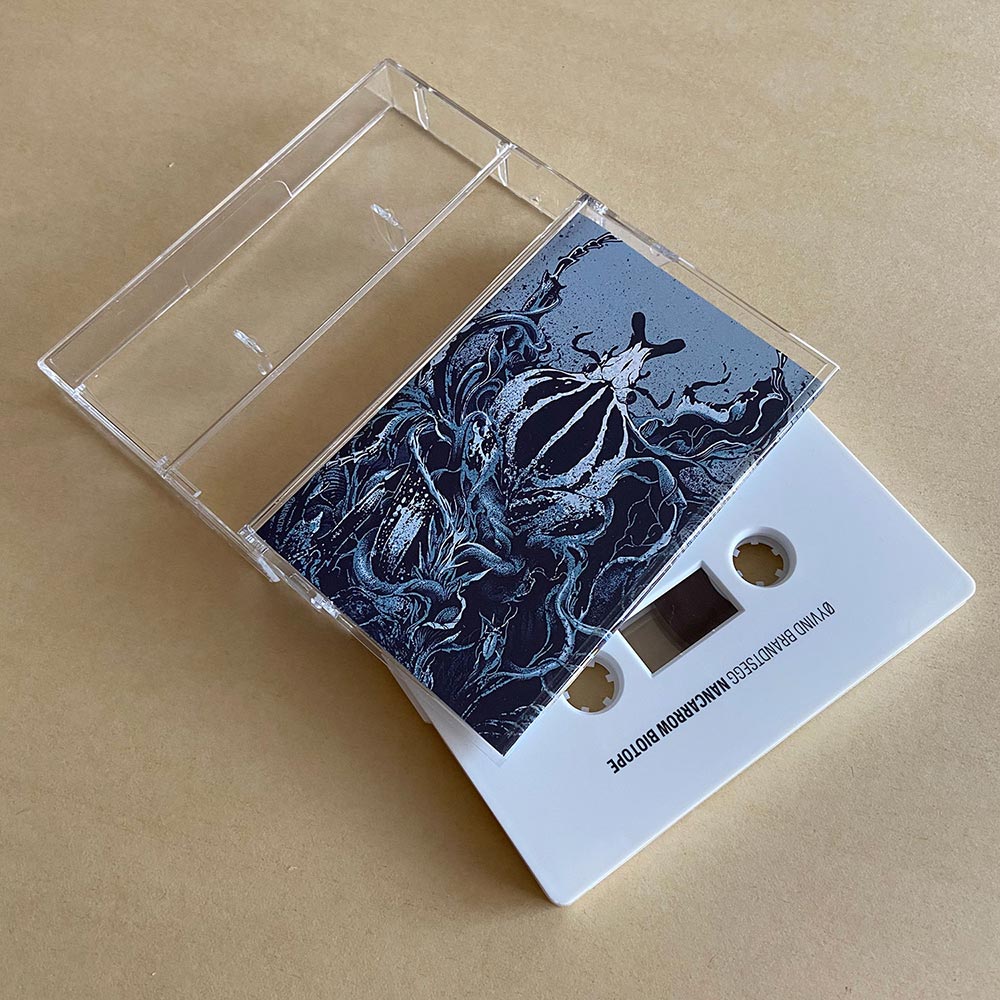My essential concern, whether you can analyze it or not, is emotional; there’s an impact that I try to achieve by these means.
Conlon Nancarrow
Conlon Nancarrow's Studies for Player Piano were orchestrated for Pipe Organ, Disklavier and electronics by Øyvind Brandtsegg. The work with these compositions instigated further exploration of improvisation with these mechanic instruments in combination with improvisation software written by Brandtsegg.
As each Pipe Organ is unique, the orchestration is necessarily also unique for each instrument. Two concerts of this material – in Stavanger Concert Hall and the Nidaros Cathedral in Trondheim — show how differently the music is shaped to match the possibilities of these two instruments and venues. Nancarrow’s music requires a quite extraordinary degree of articulation due to the rhythmic passages and high tempi. Sometimes an individual adjustment of each single note would be required, due to slight differences in timing between organ pipes.
Algorithms and automation are ubiquitous in our modern society, and Nancarrow’s compositions allow an interesting perspective on automation and mechanization within an expressive aesthetic context. It also sheds light on the necessity of manual labour of implementation and adaption to make the algorithms matter for human communication.
The improvisation software is based on relatively simple algorithms and serial techniques. It comes to life in the interaction with the live performer, where data is continuously updated from the performer action.

An extensive description of issues encountered in the production can be found in the paper “An interface to an interface to an interface”. A documentation video from the Nidaros Cathedral production is available at vimeo.com/463046453.

